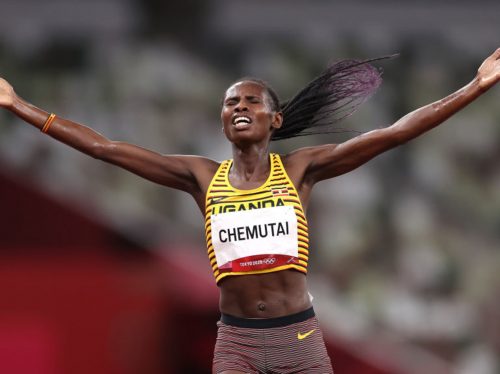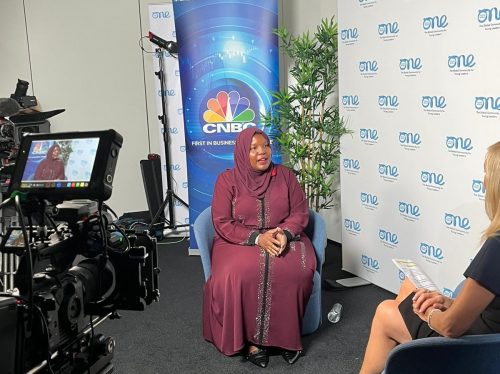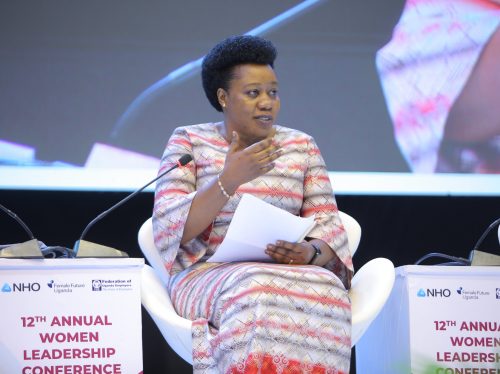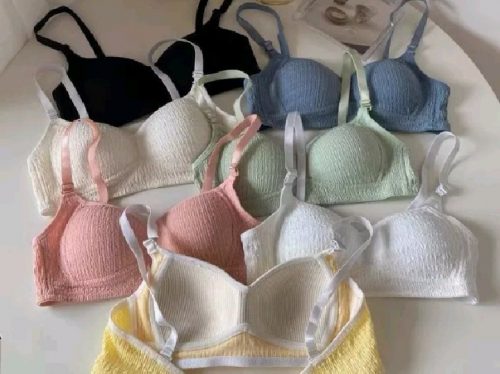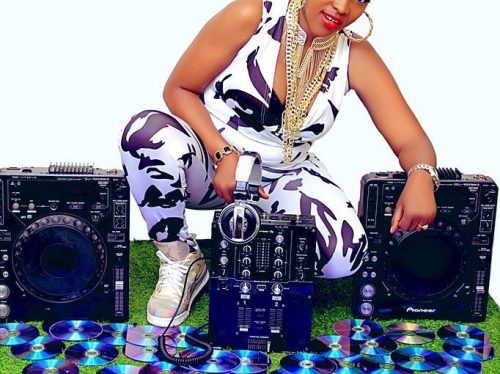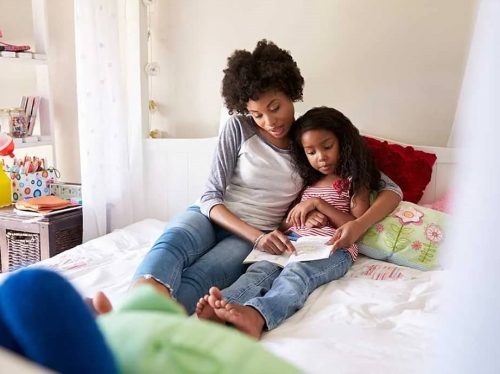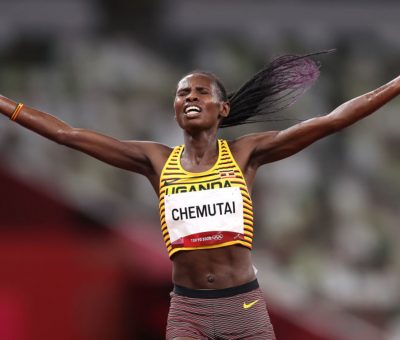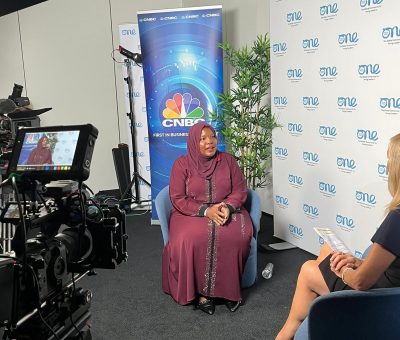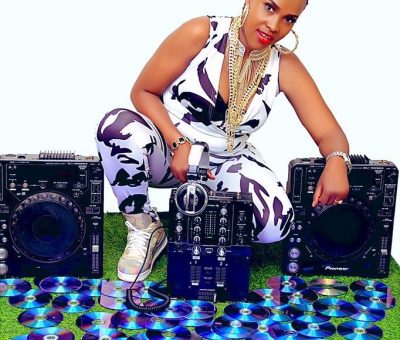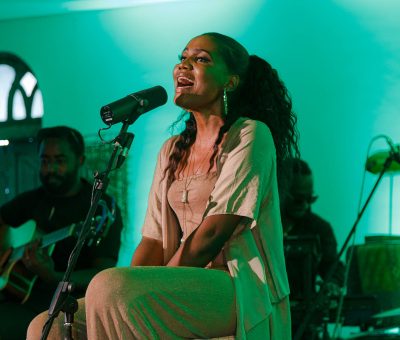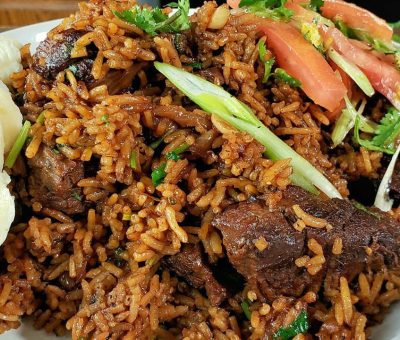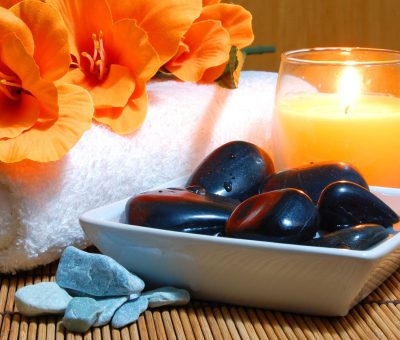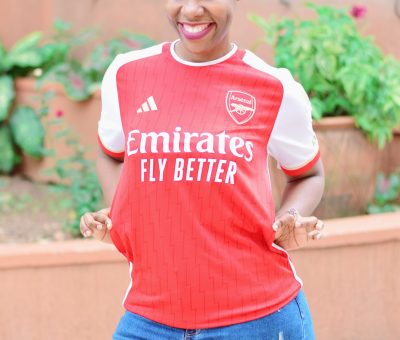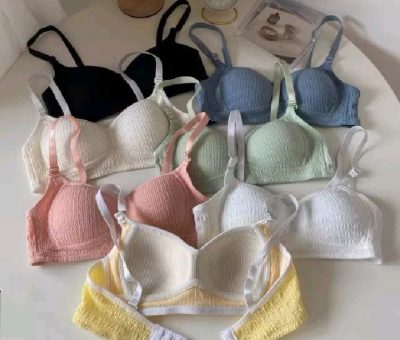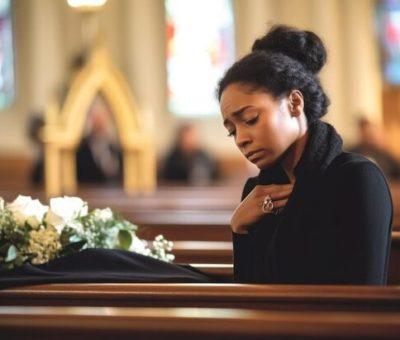- by admin
- in women letters
Raise a glass to women refugees who risk their lives for safety

According to a Global Trends report by the United Nations High Commissioner for Refugees (UNHCR), 89.3 million people worldwide were forcibly displaced as a result of persecution, conflict, violence, and human rights violations or events seriously disturbing public order at the end of 2021. The report further reveals that, the Ukraine war has pushed the number of people forced to flee conflict, violence and persecution to a staggering 100 million.
Among the 100 million are women, who represent almost half of the 244 million migrants and half of the 19.6 million refugees worldwide.
UNHCR defines a refugee as a person who has fled war, violence, conflict or prosecution and has crossed an international border to find safety in another country.
Refugees not only experience the trauma of finding safety, they are often separated from their families and loved ones and the pride of freedom of having a place to call their own; a place they can call home.
On 20th June, the world commemorated the World Refugee day as the theme called for asylum seekers and refugees to have the “Right to Seek Safety. Whoever. Wherever. Whenever.” The day is celebrated every year to honour the plight of asylum seekers while calling on governments worldwide to make their lives better through different programs.
“We must know and understand that refugees and asylum seekers do not choose that life and being a refugee is not a permanent situation. Therefore, wherever they come from, whenever they come into Uganda, and whoever they are, they ultimately deserve the right to safety,” said Hon. Hilary Onek, the Minister of Relief, Disaster Preparedness, and Refugees.
Women refugees are some of the most vulnerable people. As they flee for safety, they experience many challenges including sexual and gender-based violence, marginalization, child marriages and sometimes death. Some girls and women are trafficked to work as house maids, slaves and others forced into prostitution.
The pain of seeking safety and being harassed is an ordeal no one would ever want to find themselves trapped in, yet these women and girls face it every day.
Sima Bahous, the United Nations Under-Secretary-General and Executive Director of UN Women while commemorating the world Refugee Day, highlighted the plight of female refugees worldwide.
“Women and girls in particular are experiencing significant consequences, including their displacement within and across borders and an intensified risk of all forms of sexual violence,” she said.
“Displaced women and girls and those experiencing sexual violence in conflict must not be left out but placed at the centre of our response,” she added.
What it means to be a woman refugee
Research shows that working-age refugee women are less likely to be economically active, in comparison with both local women and refugee men, which increases the vulnerability of women in the refugee camps and particularly for female heads of households.
Refugees usually live in camps with congested settlements, wet tents and are at risk of contracting deadly diseases. They are also victims of poverty and malnutrition as resources are scarce. In some countries, they are not allowed to work, own land or participate in any formal activities.
In a bid to secure their families’ livelihoods, many of the economic activities that refugee women undertake are unstable and sometimes expose them to unforeseen calamities such as sexual and gender-based violence.
Despite these challenges, some women have decided to make lemonade out of the lemons life has given them. With interventions from several organisations, women refugees becoming empowered and more financially independent.
For instance, under the Mountain Blue Farms-funded West Nile Livelihoods Project, World Vision has provided an opportunity for women to gain skills for subsistence and income generation. Some of these skills include making bags and basket weaving which they can sell in order to make some money for their livelihood.
This project has benefited women who fled conflict in South Sudan and are currently living in Adjumani.
Another project by UN Women supports women who are forced to flee conflict at Bidi Bidi settlement by providing mental and psychosocial support along with livelihood interventions to support refugees and host communities in the West Nile region. Women are also supported to learn English to boost their communication and leadership skills.
Women refugees suffer a lot of mischief but some of them have not let the title refugee define them. These women are fierce, they are strong and they have become ambassadors of inspiration to fellow women.


